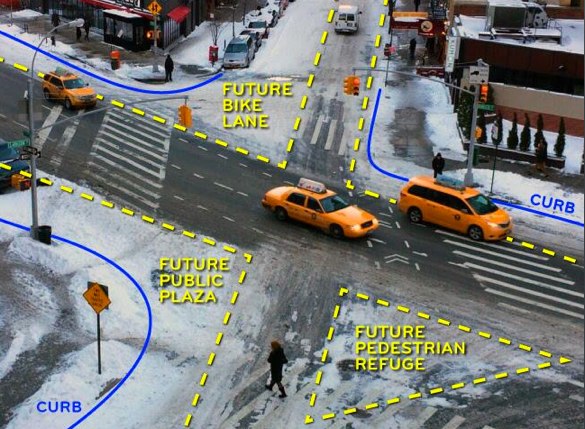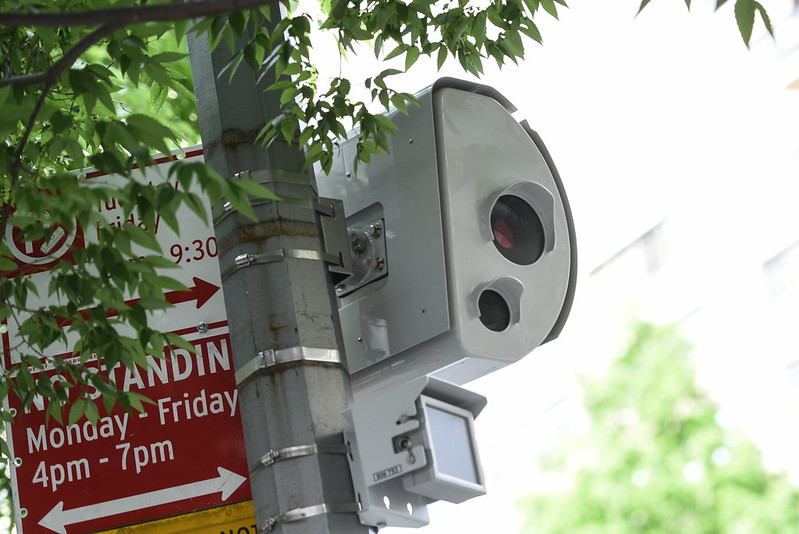The MBTA is negotiating a new multi-year electricity contract that will power the agency's trains, trolleybuses, stations, and other facilities exclusively on renewable power – and is furthermore expected to save the agency $3 million a year compared to its current, fossil-fueled electricity contract.
The T is the Commonwealth's biggest electricity consumer, and uses over 400 gigawatt-hours of electricity every year. Under its current electric power agreement, with BP, the agency expects to spend $15.5 million this year on its electric bills.
But the current 5-year contract is due to expire at the end of this year, and the T has received prospective bids for a new electricity contract that offer much better terms – both in terms of price, and in greenhouse gas emissions. Final pricing would be determined once the contract is finalized later this month, but three bidders have offered estimates that they could meet the T's annual electricity needs with 100 percent renewable power for $12 to $12.6 million a year.
The switch to all-renewable electricity, which would take effect on January 1, 2021, will immediately slice the T's carbon footprint by 36 percent.
"We estimate that a little more than a third of the MBTA's carbon footprint comes from electricity consumption," explained Andrew Brennan, the T's Senior Director for Energy & Environment, in a presentation to the MBTA board during Monday's meeting. "Those emissions will be avoided as of January 1. So we will see a significant reduction in our carbon output, and at a price that is really attractive to us."
Brennan also said that the T continues to develop new "behind the meter" renewable energy projects, like a proposed rooftop solar array at the new Quincy bus garage. Those projects still provide only a very small proportion of the T's power needs, but they marginally offset the amount of electricity that the agency needs to buy from its suppliers.
Under the proposed deal, the T's electricity would be certified as "renewable" with renewable energy credits (RECs) – in effect, a dedicated stake in electricity produced from certified renewable energy power plants. RECs not only help buyers like the MBTA certify that they are using renewable power; they also help renewable energy developers finance new projects as a source of revenue above and beyond the price of the electricity they sell.
The T currently buys electricity under a "fixed price block power" contract, which covers 70 percent of its electricity needs at a specified price. The remaining 30 percent is bought on the "spot power" market, where prices constantly rise and fall according to immediate conditions of supply and demand.
T officials confirmed on Tuesday morning that the proposed new electricity deal would continue to operate as a "fixed price block power" contract for 70 percent of its estimated power needs, but the new contract would also buy enough RECs – at a price of about $854,000 a year – to cover 100 percent of its electricity use, both for electricity bought through the block power contract and on the spot power market.






